You're thinking about taking the IELTS General Training test. Are you prepared for Writing Task 1? No?

No need to stress!
Learn strategies for completing General Training IELTS Writing Task 1 to help you be prepared and feel confident.
What Is IELTS Writing Task 1?
There are 2 writing tasks in the General Training test.
 In IELTS Writing Task 1:
In IELTS Writing Task 1:
You'll write a formal or informal letter.
You'll describe a situation or problem, explain it, and suggest a solution or alternative.
You should write at least 150 words.
You should finish in about 20 minutes.
Here's an example:
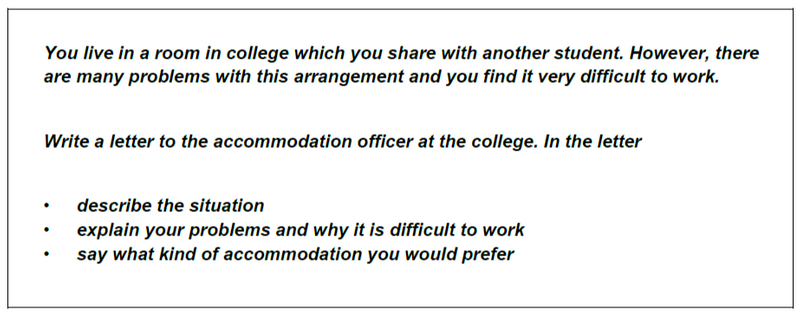 Image created by the author of a test example provided by IELTS.com
Image created by the author of a test example provided by IELTS.com
To hear an audio version of the information in the image above, click the play button on the audio player below:
The task instructions tell you the topic and what information to include in the letter.
How Is IELTS Writing Task 1 Scored?
Each IELTS section gets a score from 1 to 9. Nine is the best score you can get.
The Writing Tasks are scored with the criteria below. Understanding these can help you improve your chances of getting a high score!
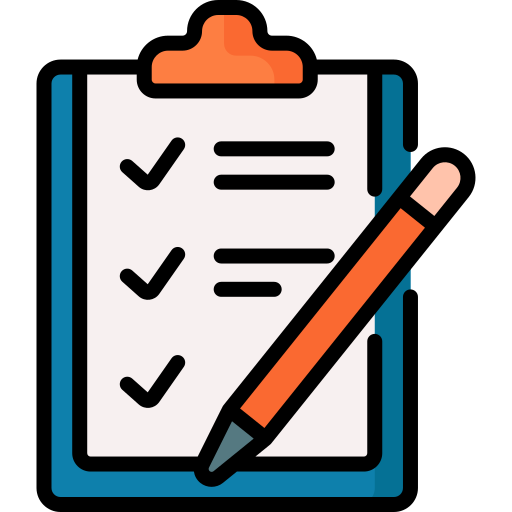
Task Achievement
has at least 150 words
answers all 3 points from the instructions
is detailed and relevant
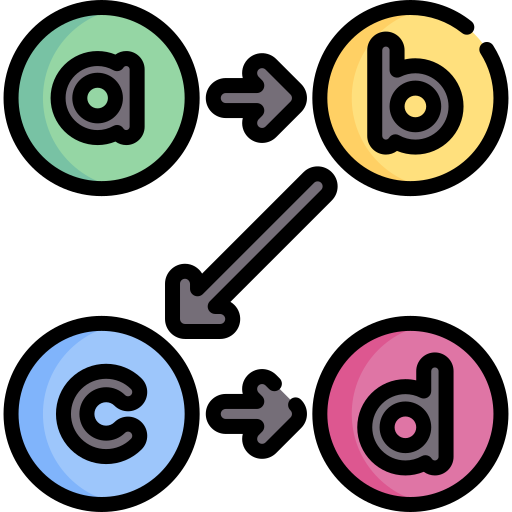
Coherence & Cohesion
organized
logical
uses linking language correctly
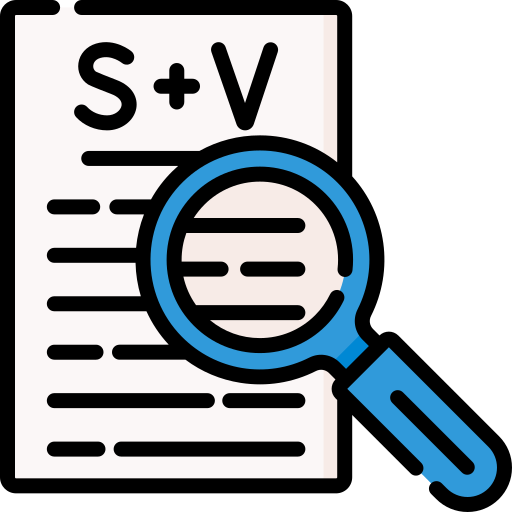
Grammatical Range & Accuracy
uses a variety of grammar structures correctly
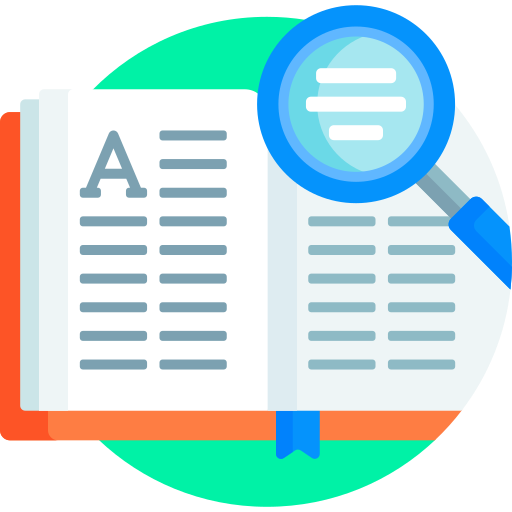
Lexical Resource
uses a variety of words and phrases correctly
Strategies for a High Task Achievement Score
Let's look at that example task again.
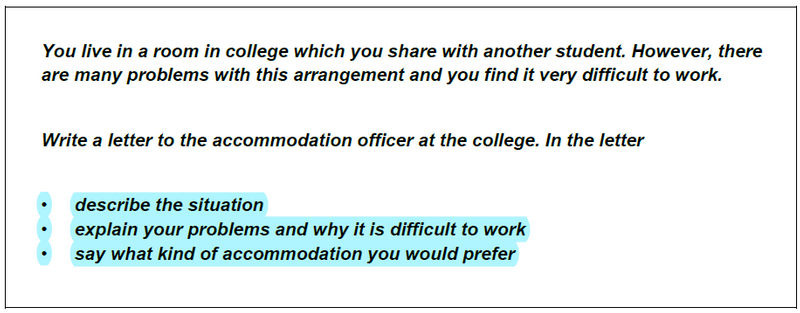 Image created by the author of a test example provided by IELTS.com
Image created by the author of a test example provided by IELTS.com
To hear an audio version of the information in the image above, click the play button on the audio player below:
To get a good score, it's really important that you cover all 3 of the highlighted bullet points.
You should:
write 3 separate paragraphs, one about each point
include about 2-5 sentences for each paragraph
be creative! Include details or examples
write paragraphs that are all about the same length
Which example is better?

I am writing to ask about changing my room. I share a room with Greg. He is nice, but he makes too much noise. He also stays up very late. Please move me to another room.

I am writing to ask about changing my room. I share a room with Greg. I like my roommate, but sharing a room has been difficult.
The problem is that Greg likes to have people over a lot, and they make a lot of noise. He and his friends stay up late talking and playing video games. This makes it hard for me to study.
I'd really appreciate it if you could move me to another room. I am happy to share with another roommate, as long as they are quiet.
Quiz
Which example answer is better?
Strategies for a High Coherence & Cohesion Score
Think about your letter structure. It needs an opening, 3 paragraphs, and a closing.
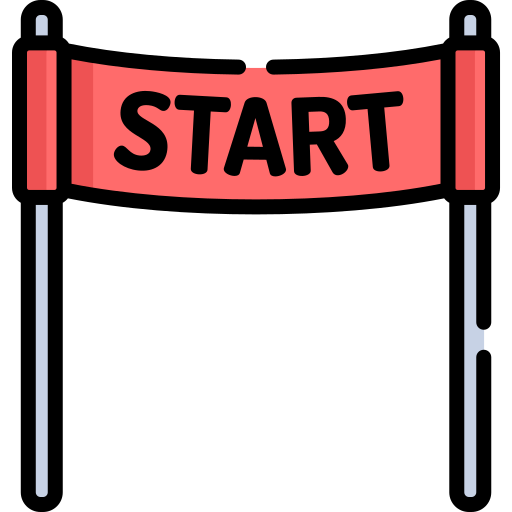
The Opening
The task instructions will tell you how to begin the letter.
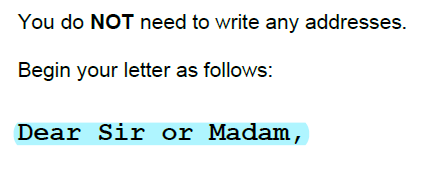 In this example of a formal letter, you should start with "Dear Sir or Madam". It will be different for different tasks, so pay attention to the instructions.
In this example of a formal letter, you should start with "Dear Sir or Madam". It will be different for different tasks, so pay attention to the instructions.

The Closing
The instructions will not tell you how to close the letter. It's up to you, but make sure you include one! Be sure to use the correct level of formality.
Example closings:
Sincerely, (formal)
Best wishes, (formal)
Kind regards, (formal)
Your friend, (informal)
See you soon, (informal)

The Body
In the bodyof your letter, write 3 paragraphs, one for each bullet point from the instructions.
For example, in the task about your difficult roommate, the instructions tell you to:
describe the situation
explain your problems and why it is difficult to work
say what kind of accommodation you would prefer
Paragraph 1: Why are you writing the letter? What is your living situation like?
Paragraph 2: What problems do you have with your roommate? Why can't you work?
Paragraph 3: What change do you want? What kind of room do you prefer?
Connect your sentences and paragraphs. Use a variety of connection methods.

Linking Words
I am not able to attend the upcoming conference. However, I will be available for the next conference.
I can't come to your party, but I'll try to make the next one.
Reference Words
Last year's conference was very successful. It had many attendees.
The doctor suggested I rest. She said I've been working too hard.
Strategies for a High Lexical Resource Score
Your vocabulary should be varied and accurate.
Use synonyms (different words with similar meanings, like "teacher" and "instructor") to show your range of vocaublary.
Review collocations (words that are usually used together, like "fast food") and idioms ("take your time") to make sure you're using the words correctly.
Learn more vocabulary strategies in this Byte: How will IELTS vocabulary strategies improve my exam score?
Variety
Show off your English vocabulary!
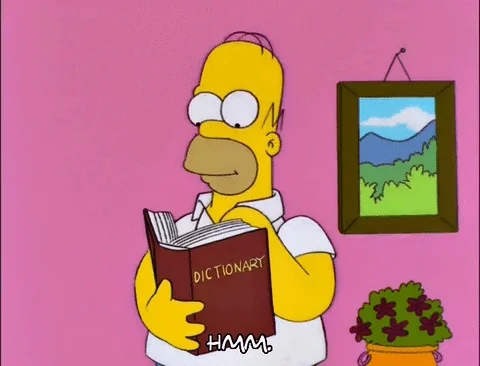
Try not to use the same word or phrase more than a couple of times.
Example
I can help with your project. I like to be helpful, and I know you need my help. ❌
I can help with your project. I like to assist others, and I know you need some extra support. ✅
Formality
Pay attention to the topic of the task. If you're writing a letter to a friend or family member, use informal language. If you're writing a letter in a work or business situation, use formal language.

Formal Language Examples
Dear Sir or Madam,
moreover, in addition, as a result
cannot, will not
negative, beneficial
continue
yours sincerely,

Informal Language Examples
Dear Jenny,
and, also, so
can't, won't
terrible, great
go on
See you soon!
IELTS Writing Task 1: Practice
Write a letter to a colleague who invited you to present at a conference.
 Dear Ms. Lopez,
Dear Ms. Lopez,
Thank you for inviting me to the conference. I appreciate your considering me for this presentation topic. However, I will not be able to attend, as I am already committed elsewhere.
 Dear Sandra,
Dear Sandra,
Thanks for inviting me! It's so nice that you thought of me when you heard the topic. Unfortunately, I can't make it because I have plans already.
 Dear Ms. Lopez,
Dear Ms. Lopez,
Thank you for inviting me to the conference. Thank you for considering me for presenting at the conference. However, I cannot attend, as I have another conference to attend.
Quiz
Which paragraph is best for your conference presentation letter?
Strategies for a High Grammatical Range & Accuracy Score
Just like with vocabulary, you want to show the examiners your varied and accurate use of grammar on IELTS Writing Task 1.
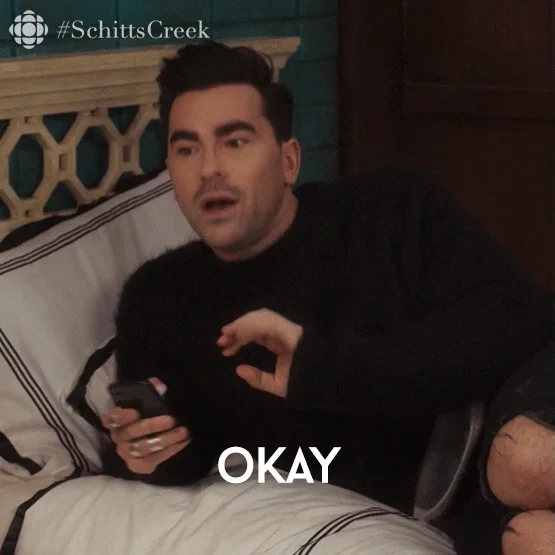
Variety
Use different sentence structures. Include some short sentences and some long sentences. Use all 3 of these sentence types:
Simple 🧍♀️
I would love to go to your party.
Compound 👭🏾
I would love to go to your party, and I can't wait to meet your friends.
Complex 👨🏿👩🏿👧🏿👦🏿
I would love to go to your party because I want to meet your friends.
Complex sentences are the most difficult, so if you can use a range of these correctly, it will help your score.
Accuracy
Your grammar should be accurate, so you'll need to get some practice.
 Figure out what kind of mistakes you make most often so you can focus on those.
Figure out what kind of mistakes you make most often so you can focus on those.
Use automated grammar checkers or AI to help! Try Grammarly or review this Byte: ChatGPT for language learning.
Visit this Byte on IELTS grammar to learn about common IELTS grammar mistakes.
Quiz
What type of sentences should you use in your conference presentation letter? Select all that apply.
General Strategies for IELTS Writing Task 1
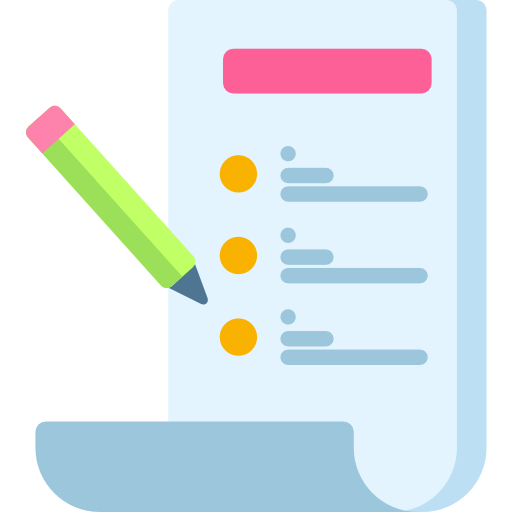
Make a Plan
Before you start writing, spend a minute or two thinking about what you want to write. You can even make a few notes.
Decide whether to use a formal or informal tone. Think of a few details to include and how to organize your ideas into 3 paragraphs.

Watch your Timing
When practicing for the test, use the timer on your phone or a stopwatch. This will help you get used to finishing in 20 minutes.
Running out of time? Focus on including the opening, at least mentioning all 3 points, and a closing.
Extra time? Go back and check your work. Is everything spelled correctly? Can you add more detail? Did you use a variety of grammar and vocabulary?

Practice, Practice, Practice
Before the test, take a look at some example tests available online, such as the IELTS example tests. Examine the structure, content, and language of each test and review the scores and score explanations.
Then, using your timer, write several practice tests such as the free IELTS practice tests.
When you're finished, go back and try to score your paper or have a friend or grammar corrector review your language.
Take Action
Now you know how to handle General Training IELTS Writing Task 1! Get some practice in and sign up for your test.
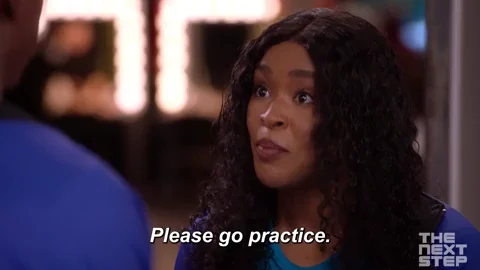
Your feedback matters to us.
This Byte helped me better understand the topic.
